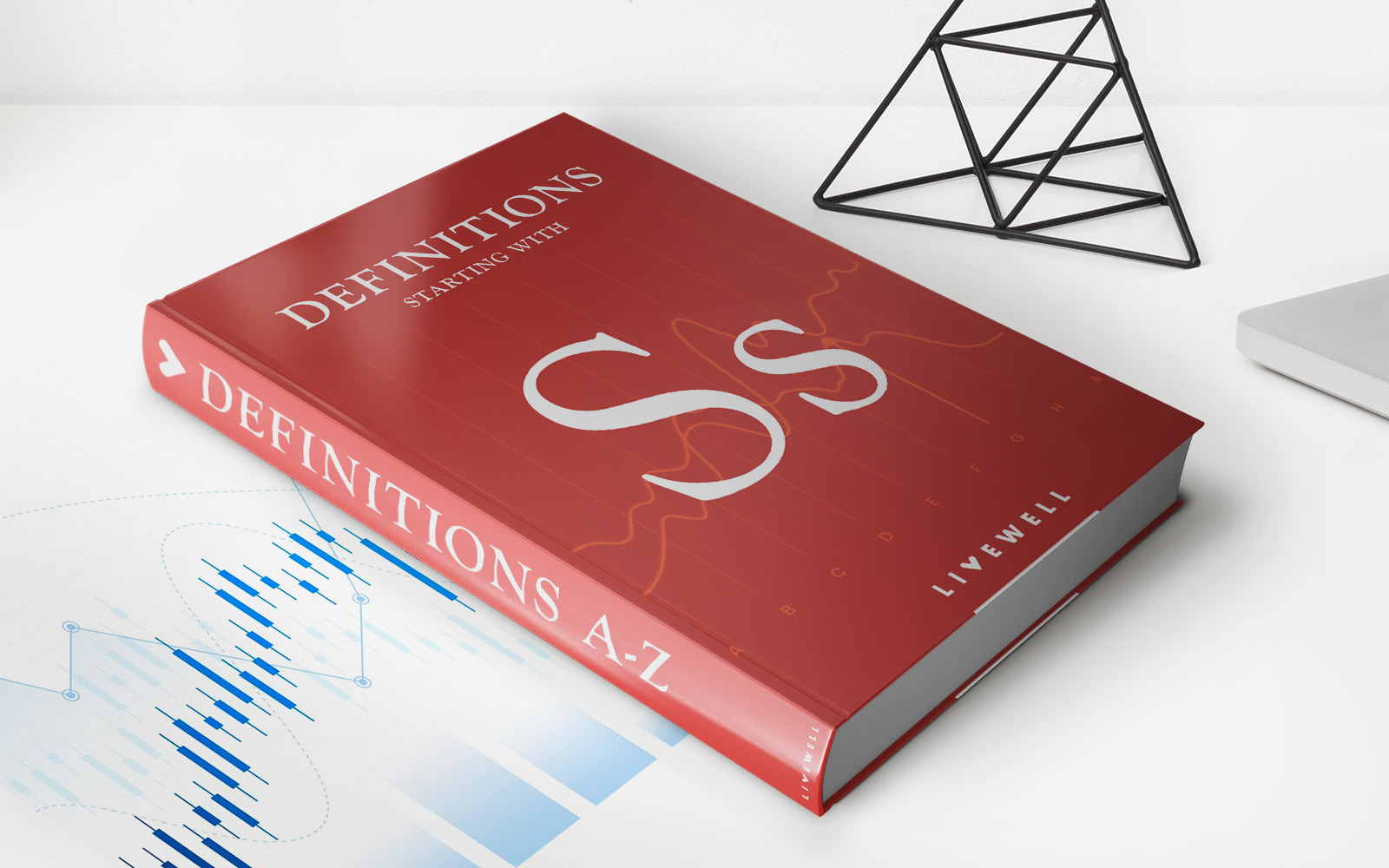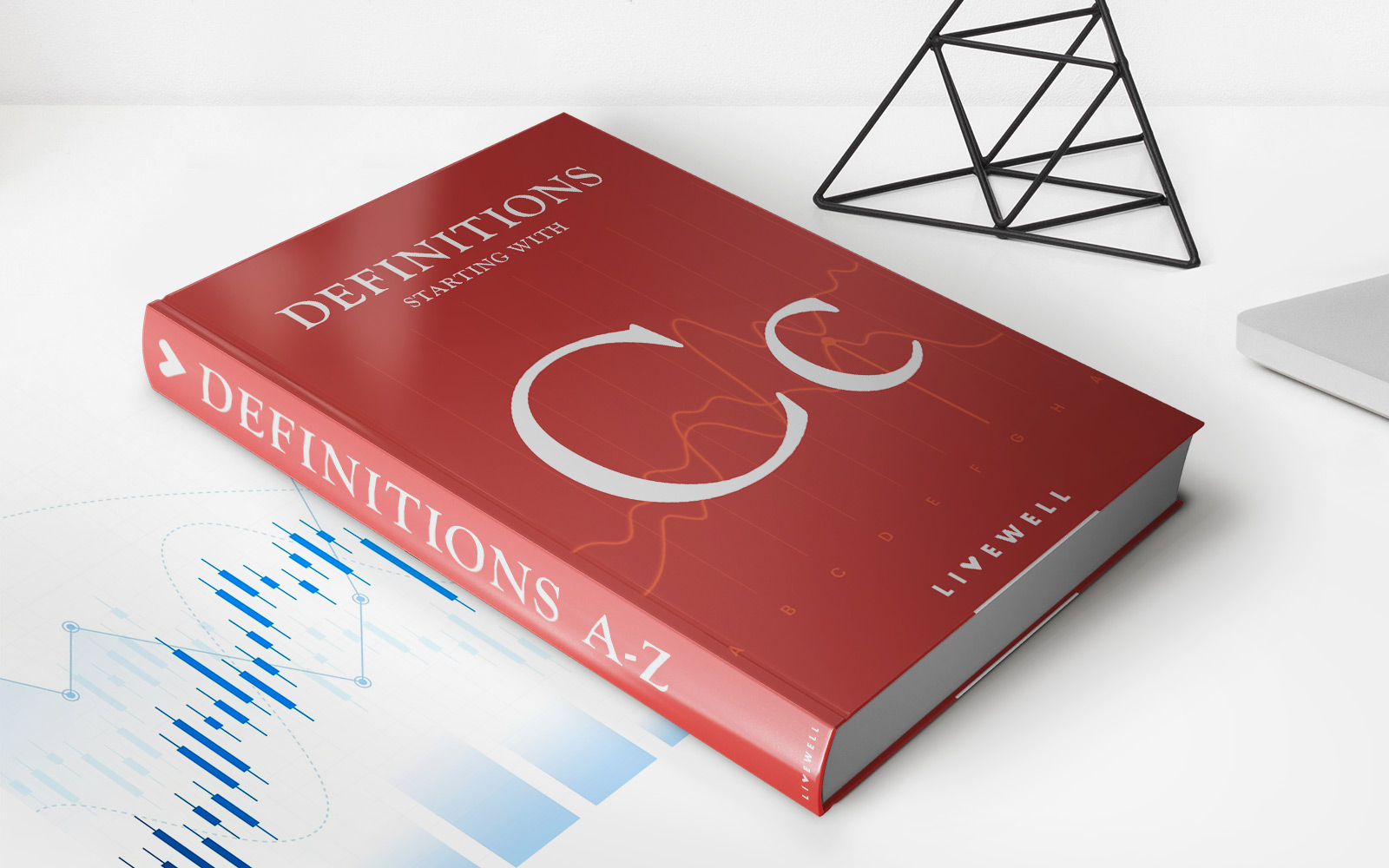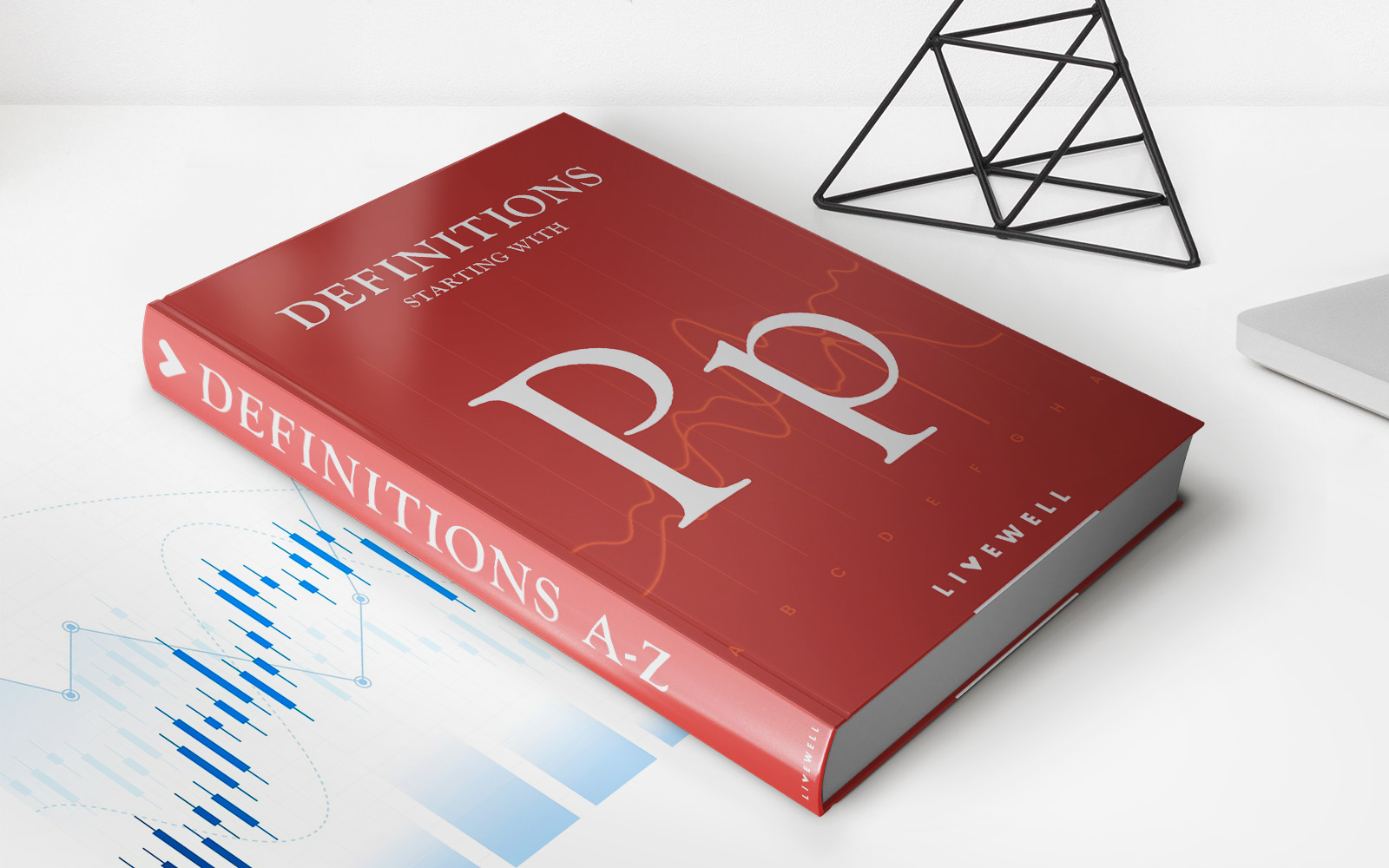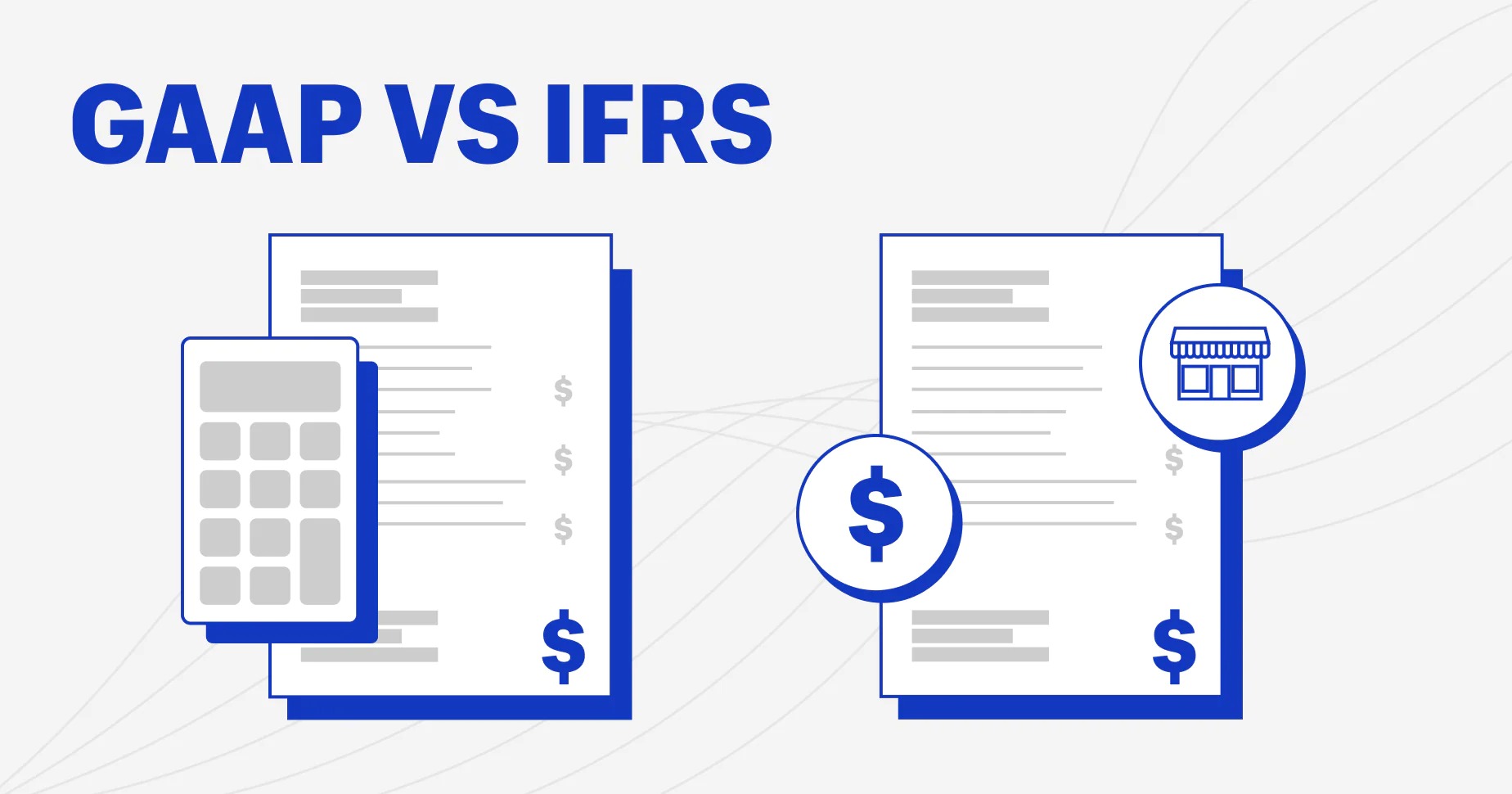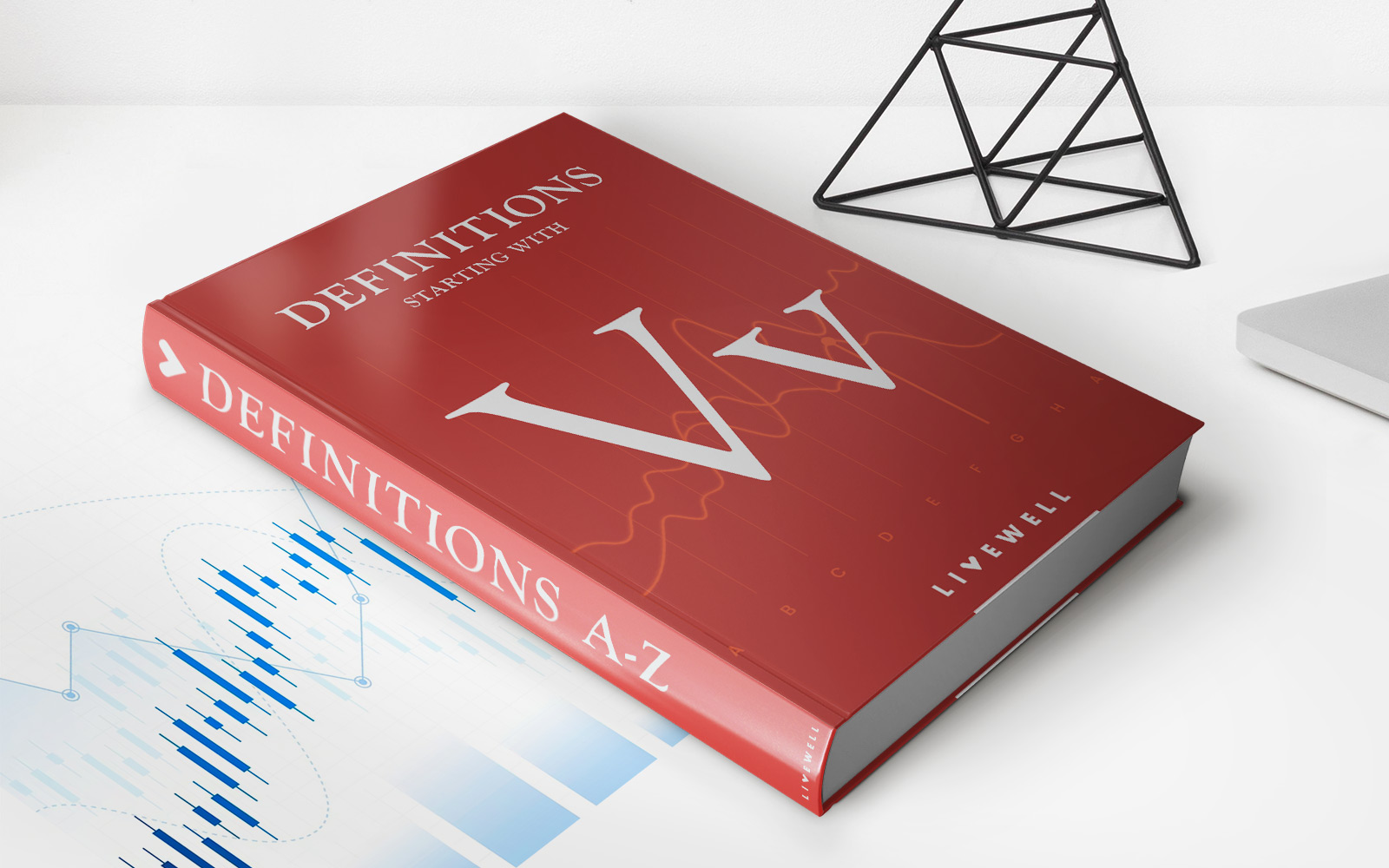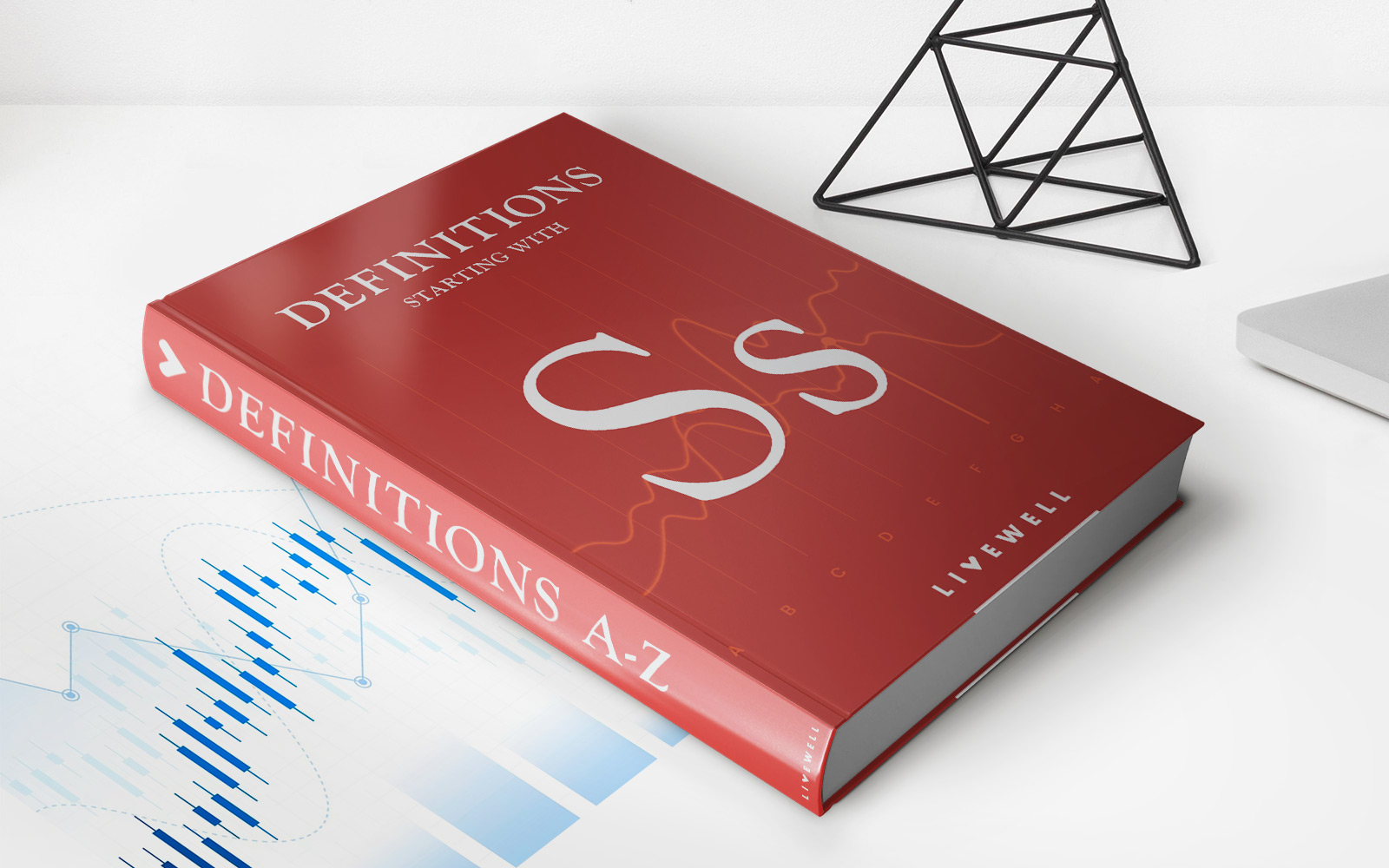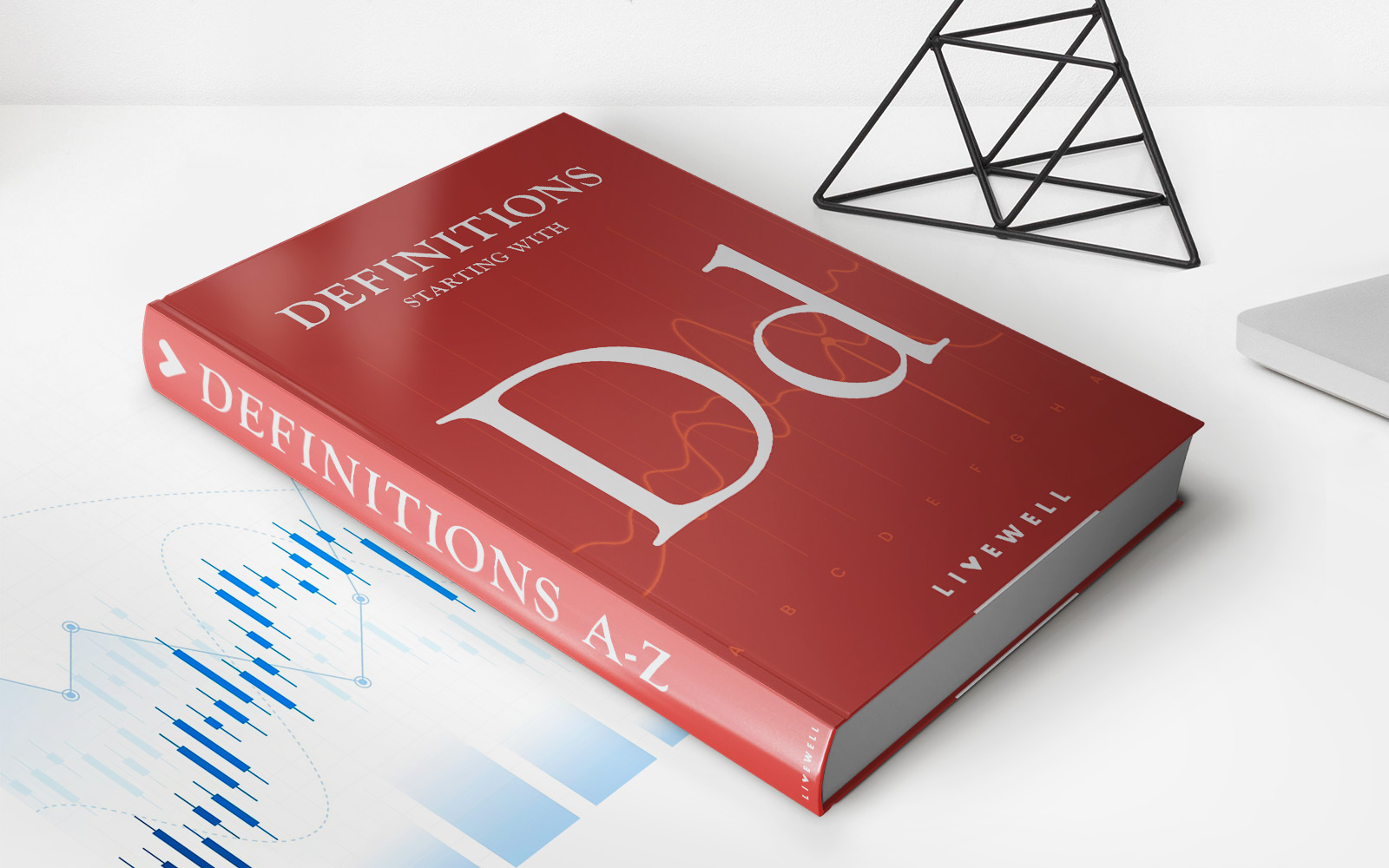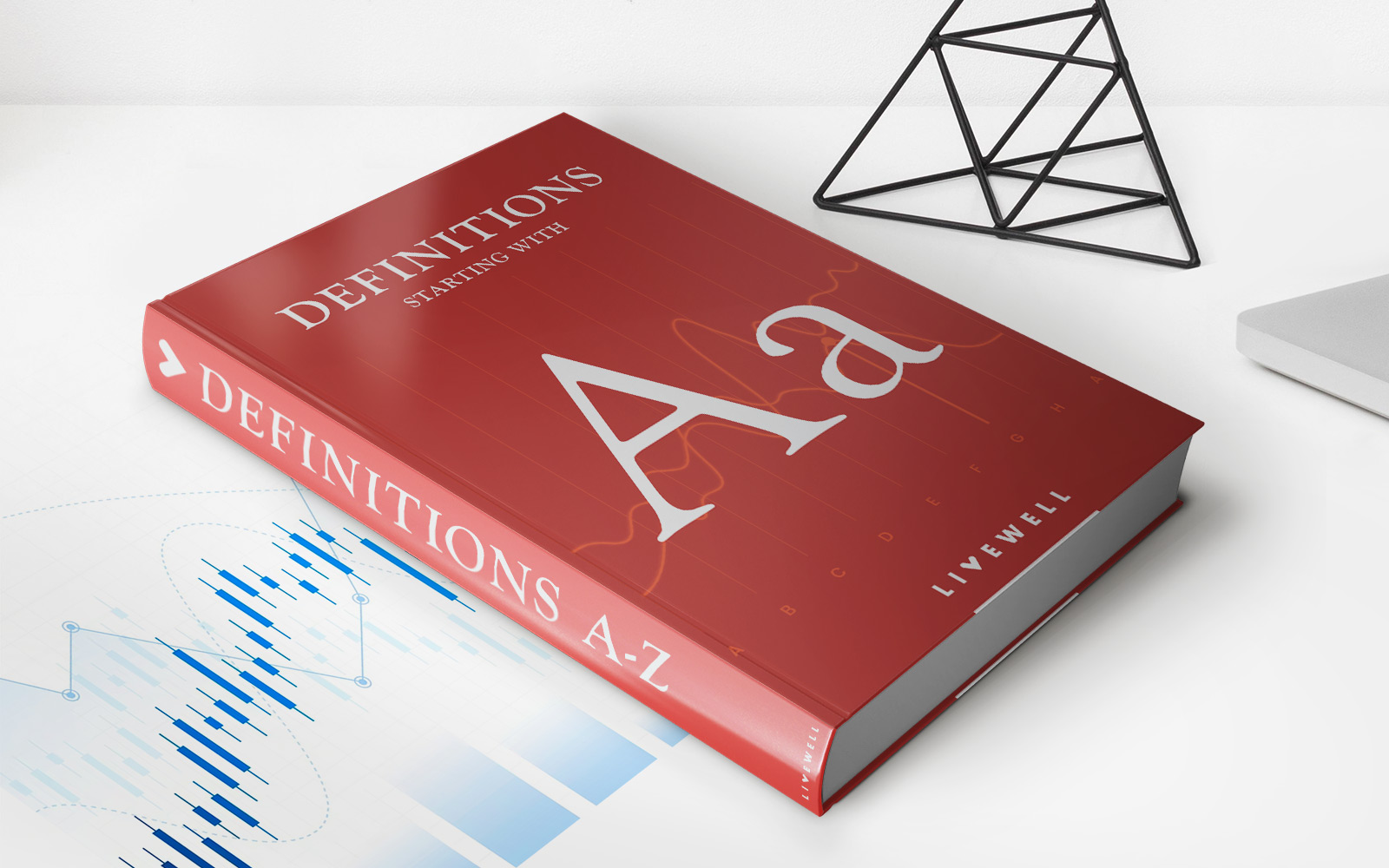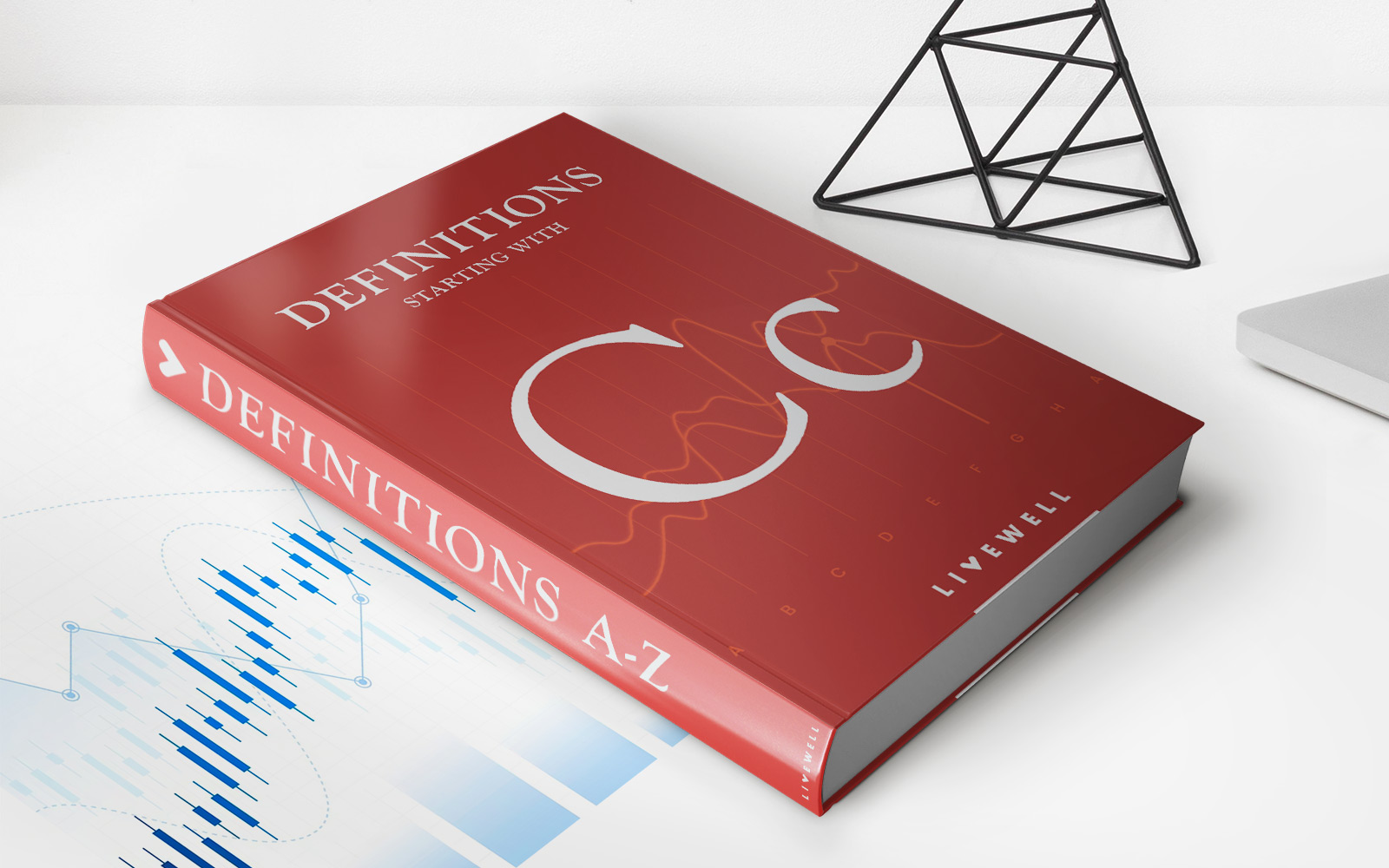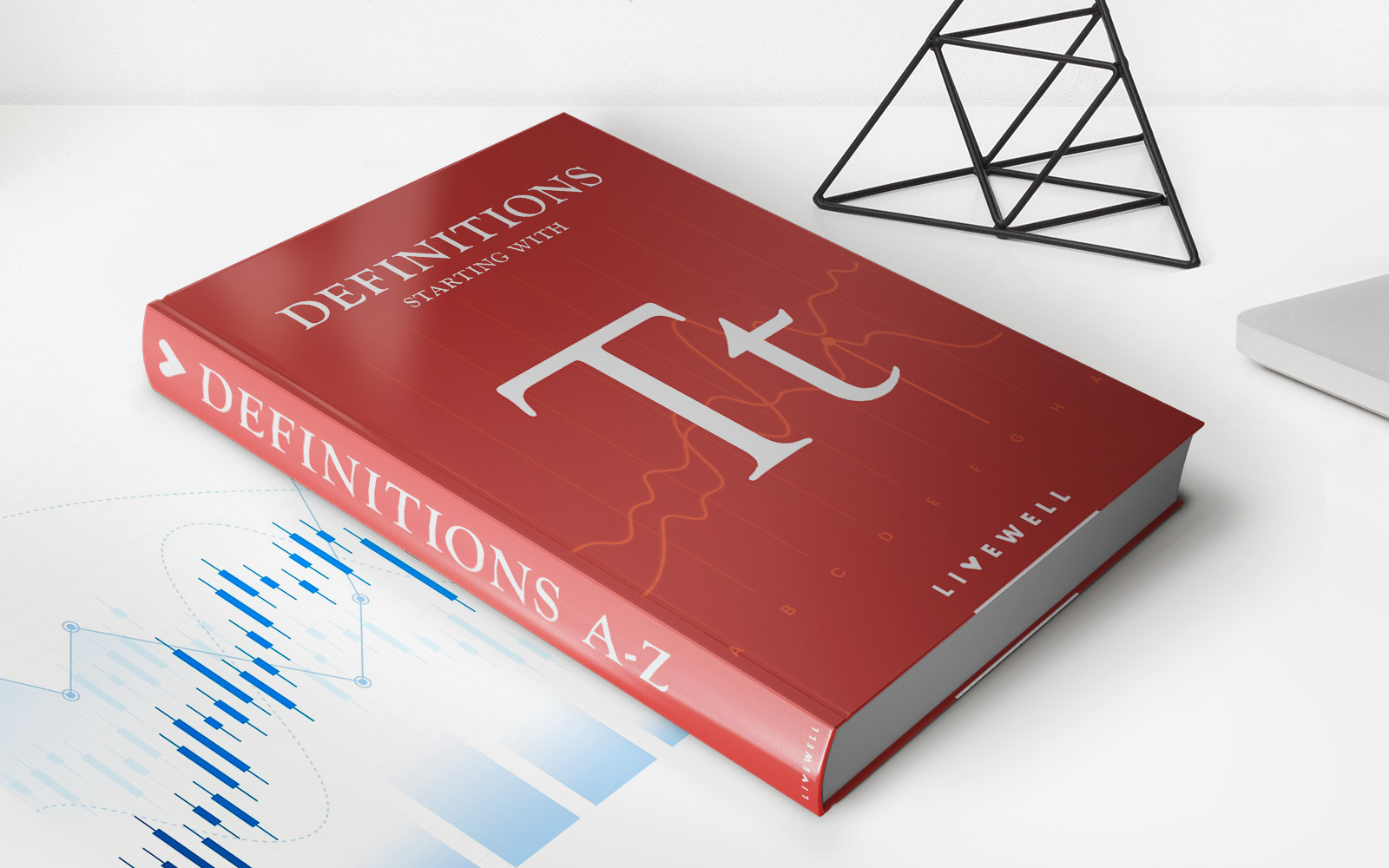Home>Finance>Term Loan Definition, Types, And Common Attributes
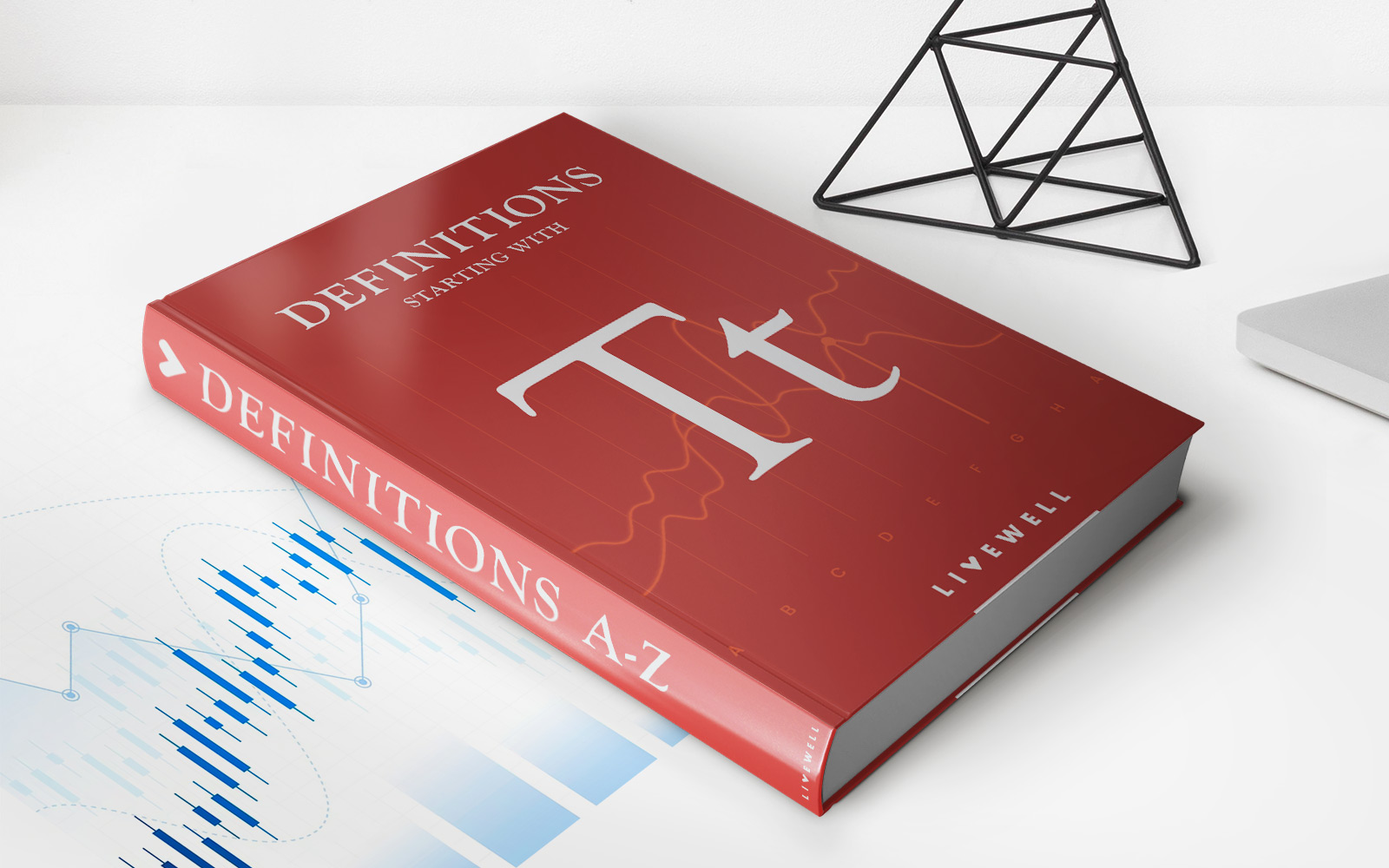

Finance
Term Loan Definition, Types, And Common Attributes
Published: February 7, 2024
Looking for a finance term loan? Learn the definition, types, and common attributes of term loans in the world of finance.
(Many of the links in this article redirect to a specific reviewed product. Your purchase of these products through affiliate links helps to generate commission for LiveWell, at no extra cost. Learn more)
Understanding Term Loans: A Comprehensive Guide
When it comes to managing your finances, having a clear understanding of different loan options is crucial. In this blog post, we will delve into the world of term loans – what they are, their types, and the common attributes associated with them. Whether you are a business owner seeking financing or an individual looking for a loan, this guide will provide valuable insights to help you make informed decisions.
Key Takeaways:
- Term loans are a popular form of borrowing that involve borrowing a specific amount of money for a fixed period, typically repaid in monthly installments.
- These loans are often used for major purchases, business expansions, or debt consolidation.
What is a Term Loan?
A term loan is a type of loan that involves borrowing a specific amount of money from a lender and repaying it over a predetermined period, often referred to as the loan term. Unlike revolving credit, such as credit cards or lines of credit, term loans come with set repayment terms and fixed interest rates.
Term loans can be used for a variety of purposes, including business expansions, equipment purchases, debt consolidation, or even personal expenses. By understanding the different types of term loans available, you can choose the one that aligns with your specific needs.
Types of Term Loans
Term loans come in various forms, each tailored to meet specific borrower requirements. Some common types include:
- Traditional Term Loans: This is the most basic form of term loan, where borrowers receive a lump sum upfront and repay it over a fixed period with interest. These loans are commonly offered by banks and have predictable repayment schedules.
- Short-Term Loans: As the name suggests, these loans have shorter repayment periods, typically ranging from a few months to a year. They are often used to address immediate cash flow needs or bridge temporary financing gaps.
- Intermediate-Term Loans: These loans have medium-term repayment periods, typically ranging from one to five years. They are commonly used for business expansions, equipment purchases, or refinancing existing debt.
- Long-Term Loans: Long-term loans have extended repayment periods, usually exceeding five years. These loans are ideal for large projects, such as real estate investments, major business acquisitions, or other ventures that require substantial capital.
Common Attributes of Term Loans
While the specific terms and conditions of term loans may vary depending on the lender, there are some common attributes that you can expect:
- Fixed Interest Rates: Term loans typically come with fixed interest rates, meaning your monthly payments remain consistent throughout the loan term. This allows for better budgeting and planning.
- Amortization: Term loans often follow an amortization schedule, which means your monthly payments are structured to gradually pay off the principal amount over time, along with the interest.
- Creditworthiness Assessment: Lenders usually evaluate the creditworthiness of borrowers before approving a term loan. This assessment helps lenders determine the interest rate and loan terms based on your credit history, financial stability, and ability to repay the loan.
- Collateral: Depending on the loan amount and purpose, lenders may require collateral to secure the loan. Collateral is an asset that can be seized by the lender if the borrower fails to repay the loan.
- Repayment Schedule: Term loans typically require regular monthly or quarterly payments. The repayment schedule will be outlined in the loan agreement, allowing you to plan your budget accordingly.
Conclusion
Term loans provide a structured and reliable way to finance various ventures and expenses. Whether you are a business owner looking to expand your operations or an individual seeking funding for personal needs, understanding the different types and common attributes of term loans is essential.
Remember, each loan type has its own pros and cons, and it’s crucial to analyze your financial situation and goals before choosing the most suitable option. By considering factors such as loan purpose, repayment period, interest rates, and additional requirements, you can make an informed decision that supports your long-term financial well-being.
We hope this comprehensive guide has provided you with valuable insights into the world of term loans. If you have any further questions or need assistance, feel free to reach out to us.

